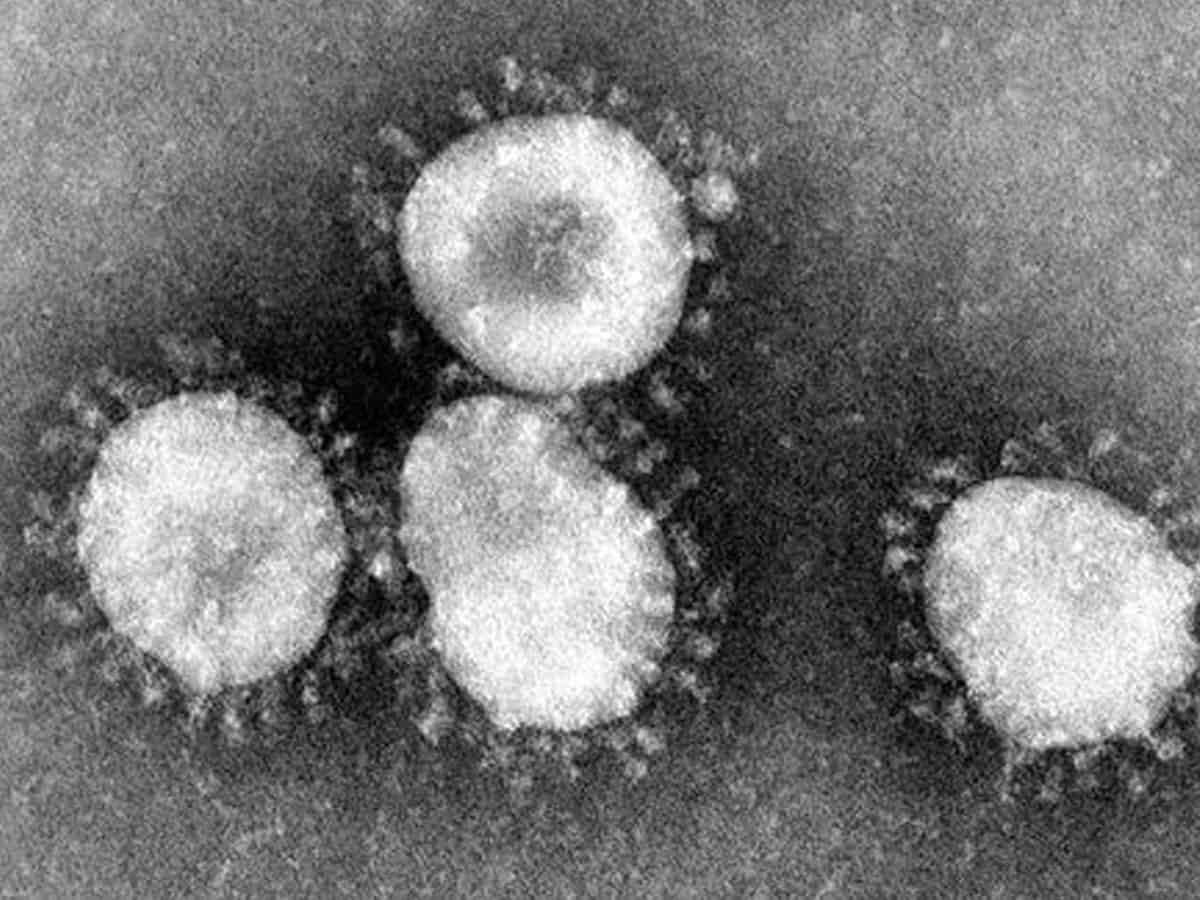London: The University of Cambridge on Wednesday confirmed plans to begin trials of a potential new vaccine not only against COVID-19 but all coronaviruses that may spill over from animals to humans in the future.
The new vaccine candidate, DIOS-CoVax2, uses banks of genetic sequences of all known coronaviruses, including those from bats, believed to be the natural hosts of many relatives of human coronaviruses.
A vaccine that clears all trials can then be delivered pain-free without a needle into the skin through a spring-powered jet injection.
Our approach involves 3D computer modeling of the SARS-CoV-2 [Covid-19] virus’ structure. It uses information on the virus itself as well as its relatives SARS, MERS and other coronaviruses carried by animals that threaten to spill-over’ to humans again to cause future human epidemics, said Professor Jonathan Heeney, head of the Laboratory of Viral Zoonotics at the University of Cambridge, and founder of DIOSynVax a Cambridge spin-out company.
We’re looking for chinks in its armor, crucial pieces of the virus that we can use to construct the vaccine to direct the immune response in the right direction. Ultimately we aim to make a vaccine that will not only protect from SARS-CoV-2 but also other related coronaviruses that may spill over from animals to humans, he said.
Prof Heeney said his team’s strategy involves targeting those domains of the virus’ structure that is critical for docking with a cell while avoiding the parts that could make things worse.
What we end up with is a mimic, a synthetic part of the virus minus those non-essential elements that could trigger a bad immune response, he added.
His team has developed libraries of computer-generated antigen structures encoded by synthetic genes that can train the human immune system to target key regions of the virus and to produce beneficial anti-viral responses.
These immune responses include neutralizing antibodies, which block virus infection, and T-cells, which remove virus-infected cells.
This so-called laser-specific computer-generated approach can help avoid the adverse hyper-inflammatory immune responses that can be triggered by recognition of the wrong parts on the coronavirus’ surface.
Most research groups have used established approaches to vaccine development because of the urgent need to tackle the pandemic. We all hope the current clinical trials have a positive outcome, but even successful vaccines are likely to have their limitations they may be unsuitable for vulnerable people, and we do not know how long their effects will last for, for example, said Dr. Rebecca Kinsley, Chief Operating Officer of DIOSynVax and a postdoctoral researcher at the University of Cambridge.
Our approach using synthetic DNA to deliver custom-designed, immune selected vaccine antigens is revolutionary and is ideal for complex viruses such as coronavirus. If successful, it will result in a vaccine that should be safe for the widespread use and that can be manufactured and distributed at low cost, she said.

